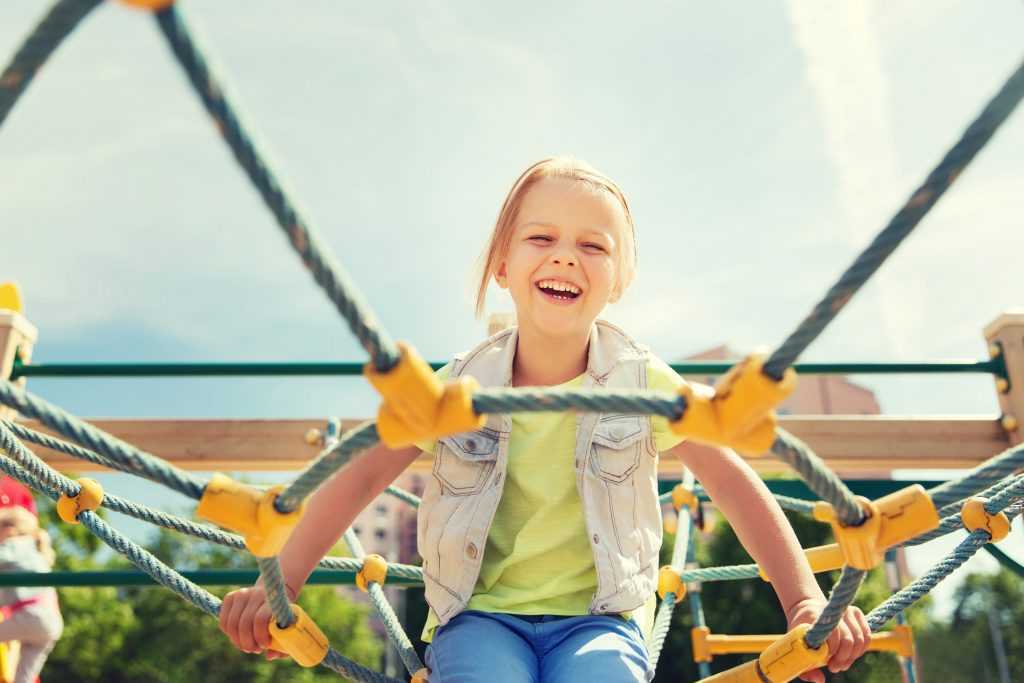 Playing is an important activity in child’s life. It develops motor skills, helps children socialise with friends, and challenges their problem-solving skills.
Playing is an important activity in child’s life. It develops motor skills, helps children socialise with friends, and challenges their problem-solving skills.
The National Literacy Trust even states that playtime sets the foundation for literacy. Through play, children can practice and make new sounds. They also exercise their imagination by engaging in storytelling.
If you encourage your children to play outdoors, you can reap all the benefits of playtime while exposing them to fresh air and Vitamin D. Here are some outdoor activities your kids can do and the benefits that come with them.
Playing on Climbing Frames Can Develop Motor Skills and Spatial Awareness.
Encouraging climbing for youngsters can help hone their spatial and directional awareness. This is because climbing exercises their hand-and-foot coordination, balance, and agility. Climbing frames also develop children’s proprioception. This is the ability to sense one’s own body parts, the body’s position, and its movement in space.
UK-based climbing frame provider Garden Toy Store recommends that climbing frames should be made of treated timber with a 10-year wood guarantee. They add that the timbers should be rounded to remove sharp edges.
Playtime in Sandpits Promotes Creativity and Develops Motor Skills.
Letting children make castles or other structures will almost certainly enhance their creativity. It also introduces basic science and mathematical concepts when they experiment with building, such as measuring, counting, and classifying.
Both gross and fine motor skills are developed in sandpits as well. Gross motor skills are developed when they dig, and carry buckets, while fine motor skills are developed when they pat or sift the sand.
Roleplaying in Playhouses Develops Social, Emotional, and Language Skills.
As children imitate roles during their adventures, they practice how to cooperate with other people, how to share responsibility and how to solve problems. Through this play, children can understand other people’s roles like that of their parents. The experience of being in other people’s shoes can help them develop empathy. Also, as they communicate with their peers, they exercise how to express themselves.
Aside from all the benefits mentioned, outdoor play promotes appreciation for nature. With a balance of supervision and freedom during playtime, children can develop into well-rounded adults.

